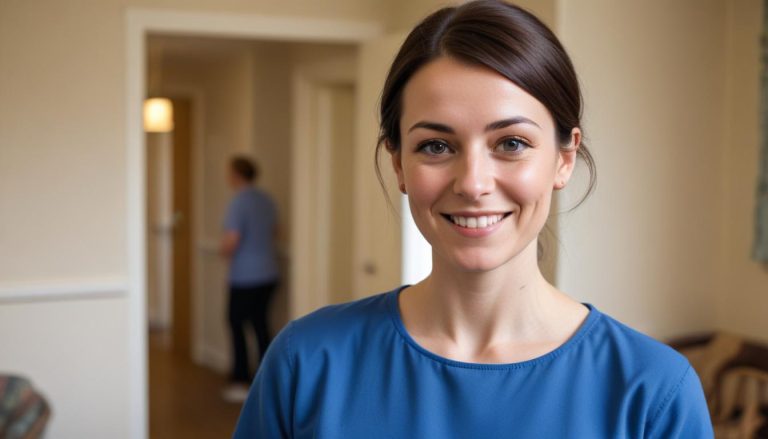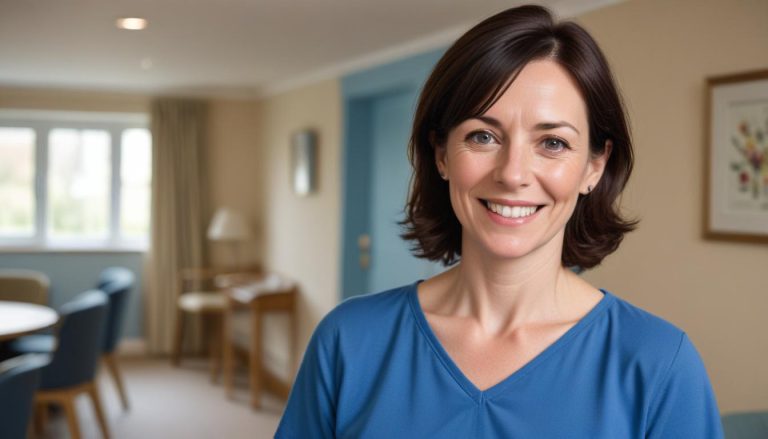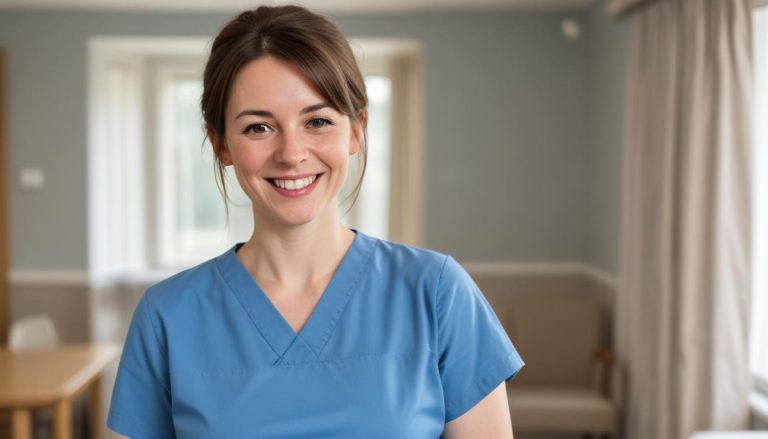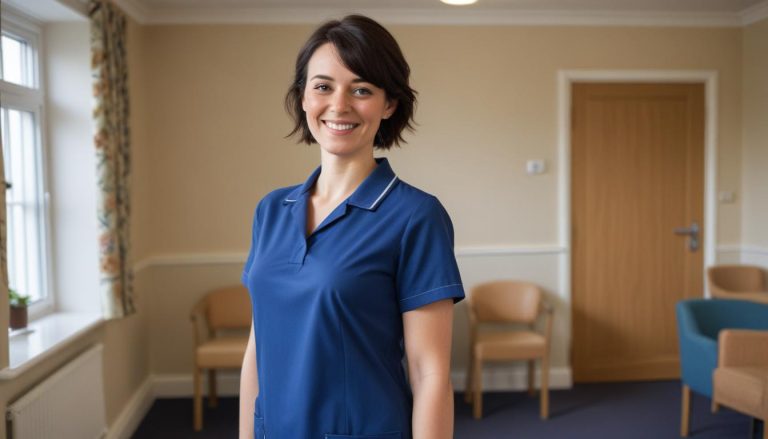
RIPA stands for the Regulation of Investigatory Powers Act 2000. It is a UK law that governs how public authorities carry out surveillance and access private communications. The Act is intended to balance the need for surveillance in certain situations with the protection of individual rights to privacy.
The Act provides a legal framework for carrying out surveillance or accessing confidential information. This is typically used to detect and prevent crime, protect vulnerable individuals, or in cases of public safety. However, its use must be justified, proportionate, and lawful.
The Act covers both overt and covert methods of surveillance. It ensures that authorities do not misuse their powers and that proper checks are in place to safeguard privacy.
What is Covert Surveillance?
Covert surveillance refers to monitoring individuals without their knowledge. Under RIPA, this may involve observing people in care settings, public places, or even their own homes if necessary.
RIPA specifies two types of covert surveillance:
- Directed surveillance – This involves watching someone in a specific situation for a short period, such as monitoring a care worker suspected of abuse.
- Intrusive surveillance – This involves placing equipment like cameras or listening devices in someone’s personal environment, such as their car or home. Intrusive surveillance is rarely authorised in health and social care unless approved at the highest levels.
In health and social care, these methods are generally reserved for serious situations, like protecting a vulnerable person at risk of harm or investigating fraud or abuse.
Who Can Use Powers Under RIPA?
RIPA is only applicable to certain public authorities. These include councils, the police, security agencies, and other government bodies. Not all health and social care providers fall under this legislation directly. However, local authorities, as commissioners and overseers of care services, can use RIPA powers when necessary.
For example, a local authority might use RIPA to investigate a social care concern involving suspected exploitation or criminal behaviour. Private care homes or NHS services cannot authorise or conduct their surveillance under RIPA. Instead, they may refer concerns to the appropriate public authority.
When Can RIPA Be Used?
RIPA surveillance powers must be used only in specific circumstances. Health and social care professionals cannot use these powers freely, and any use must meet strict criteria. These include:
- The suspicion of serious crime, such as abuse or neglect.
- Preventing threats to public safety.
- Investigating fraud affecting health or social care services.
- Protecting vulnerable individuals under safeguarding policies.
For example, if a care worker is suspected of stealing from residents in a care home, RIPA powers might allow covert monitoring to collect evidence. However, this would require strict authorisation.
Surveillance Without RIPA
Not all forms of surveillance fall under RIPA. For example, cameras in public spaces for general safety or monitoring care settings openly is not usually considered covert. Covert surveillance only comes under RIPA when it is intentionally hidden, targeted at an individual, and used for specific investigations.
In health and social care, some care providers use CCTV in common areas like hallways or dining rooms for safety and security. This type of surveillance is not regulated by RIPA as it is overt and generally agreed upon with staff, residents, and families.
Human Rights and RIPA
RIPA aims to protect human rights when surveillance is carried out, particularly the right to respect for private life under Article 8 of the Human Rights Act 1998. Any public authority considering RIPA surveillance must weigh this right against the need to investigate or protect individuals.
If surveillance does not meet the legal requirements under RIPA, it could be seen as a breach of someone’s human rights or even as illegal spying. This ensures accountability in using intrusive powers and protects individuals in health and social care settings.
Obtaining Authorisation
Before conducting surveillance under RIPA, proper authorisation is required. In health and social care, this may involve:
- Applying for approval from a local authority’s designated officer.
- Ensuring that the surveillance is proportionate and necessary.
- Completing a documented process to justify the action.
Intrusive surveillance also requires approval from a senior government official, ensuring strict control over its use.
For example, a council’s social services team may need to apply for directed surveillance approval if they suspect exploitation of vulnerable clients in residential care. This ensures that the process is legal and transparent.
Safeguarding Vulnerable Individuals
Protecting vulnerable individuals is a core principle of health and social care. RIPA powers are sometimes used to uncover and address situations where vulnerable people may be in danger.
Examples of safeguarding situations might include:
- Covertly observing interactions in care homes if abuse is suspected.
- Monitoring for signs of financial exploitation involving vulnerable adults.
- Investigating caregivers suspected of harmful behaviour towards clients.
While protecting individuals is critical, the use of RIPA remains a last resort, only applied when no other methods can achieve the same result.
Case Studies in Health and Social Care
Real-life cases help highlight how RIPA is used in a health and social care setting. Consider these examples:
Case 1: Protecting a Vulnerable Adult
A local council’s safeguarding team became concerned after reports that a home care worker was verbally abusive to an elderly resident. To investigate, they applied for directed surveillance under RIPA. Covert monitoring confirmed the abuse, leading to swift action to protect the resident and remove the abusive worker.
Case 2: Investigating Care Fraud
A social care provider reported irregularities in financial records. It was suspected that a staff member was misusing funds intended for residents. A RIPA-authorised operation uncovered fraudulent activity. The evidence was then used to prosecute the offender.
Limitations and Safeguards
RIPA includes safeguards to prevent misuse of surveillance powers. These include:
- Regular scrutiny by independent oversight bodies, such as the Investigatory Powers Commissioner’s Office (IPCO).
- Accountability through detailed records of all applications and approvals.
- A requirement for surveillance to be used only as a last option.
Surveillance must always be justified, proportionate to the outcome sought, and conducted ethically in compliance with laws protecting privacy and human rights.
RIPA and Consent
Whenever possible, consent is preferred over covert surveillance. Open discussions with individuals, families, and care providers about concerns often lead to resolutions without needing intrusive methods.
For instance, if a family raises worries about the quality of care provided to their relative in a care home, the organisation may investigate openly or use visible security measures, such as cameras, to address the concerns. Covert surveillance would only be used if there was significant danger or suspicion of wrongdoing.
Training for Health and Social Care Staff
Staff in health and social care must be aware of their responsibilities under RIPA, even if they do not directly carry out surveillance. Proper training ensures that:
- Professionals understand when and how RIPA applies.
- They can report issues to authorised bodies for investigation.
- They respect privacy and adhere to ethical standards.
Training also reduces any misunderstandings about what surveillance can achieve and promotes compliance with legal expectations.
Final Thoughts
The Regulation of Investigatory Powers Act (RIPA) 2000 plays an important role in health and social care. It provides clear rules for using surveillance while safeguarding individuals’ rights. Although it is not used frequently in this sector, RIPA can help in serious situations like abuse, fraud, or protecting vulnerable individuals. Health and social care professionals must understand when these measures might be used to ensure they work ethically, legally, and in the best interests of those they support.
Subscribe to Newsletter
Get the latest news and updates from Care Learning and be first to know about our free courses when they launch.






